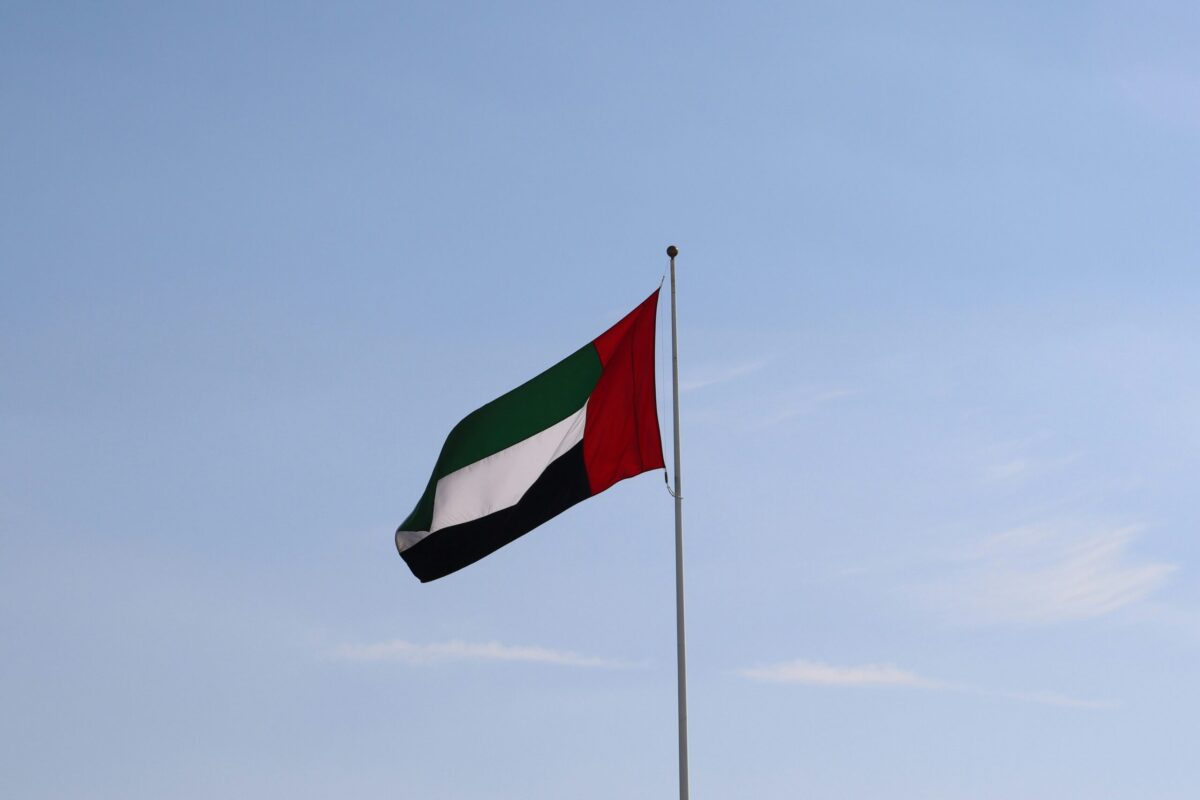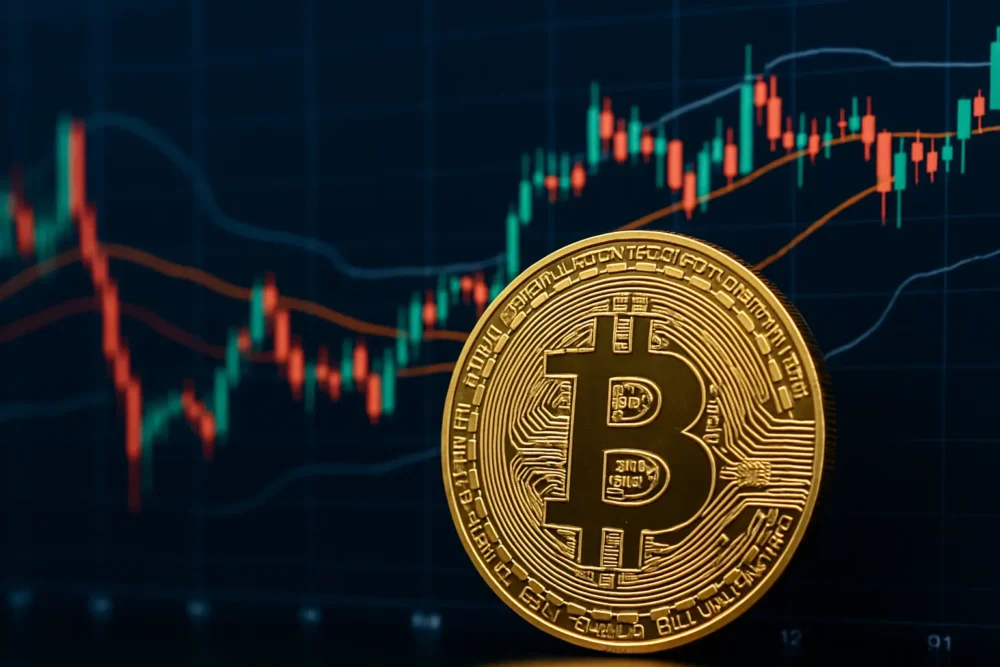Tether, the company behind the popular $USDT stablecoin, has announced a new partnership to create a digital currency linked to the United Arab Emirates Dirham (AED).
This new stablecoin is part of a broader plan to support the UAE’s growing digital economy and will be developed in collaboration with the Phoenix Group and Green Acorn Investments.
The initiative is designed to operate under the UAE’s new regulatory framework, which aims to ensure that digital currencies are safe, secure, and beneficial for businesses and consumers.
The Dirham-pegged stablecoin will be fully backed by liquid reserves held within the UAE. This means that for every token issued, there will be an equivalent amount of Dirhams kept in reserve.
The goal is to provide users with a reliable and transparent way to interact with the UAE’s currency through blockchain technology.
Blockchain is a digital system that records transactions across many computers, making it nearly impossible to alter or hack.
By using this technology, Tether aims to offer a stable, secure, and efficient means of engaging with the Dirham, whether for everyday transactions, cross-border payments, or trading purposes.
This new stablecoin will be added to Tether’s existing range of products, offering users an easy and cost-effective way to benefit from the UAE Dirham while also taking advantage of the transparency and efficiency provided by blockchain technology.
Key partnerships
The development of this Dirham-pegged stablecoin is supported by significant partnerships with the Phoenix Group and Green Acorn Investments.
The Phoenix Group is a multi-billion dollar technology conglomerate based in the UAE, and Green Acorn Investments is an investment firm that will assist in the development of the new digital currency.
These partnerships are crucial because they bring together a wide range of expertise and resources, which will help ensure the success of the project.
The Phoenix Group, with its deep knowledge of the regional market, will play a vital role in the development and implementation of the stablecoin. Meanwhile, Green Acorn Investments will provide additional support and guidance.
Together, these companies aim to make the Dirham-pegged stablecoin a central part of the UAE’s financial system. The new stablecoin is expected to simplify international trade and remittances, making it easier and cheaper to send money across borders.
Additionally, by reducing transaction fees and protecting users against fluctuations in currency values, this stablecoin could become an essential tool for businesses and individuals in the region.
Tether’s CEO, Paolo Ardoino, expressed his enthusiasm for the project, stating that the UAE is becoming a major global economic hub-
“The United Arab Emirates is becoming a significant global economic hub, and we believe our users will find our Dirham-pegged token to be a valuable and versatile addition. Tether’s Dirham-pegged stablecoin is set to become an essential tool for businesses and individuals looking for a secure and efficient means of transacting in the United Arab Emirates Dirham whether for cross-border payments, trading, or simply diversifying one’s digital assets.”
Aligning new regulatory framework
The launch of this new stablecoin comes at a time when the UAE is introducing new regulations to govern digital currencies.
The UAE Central Bank (CBUAE) recently unveiled its Payment Token Services Regulation (PTRS), which sets out the rules for how stablecoins can be used within the country.
According to these regulations, businesses in the UAE can only accept cryptocurrency payments if they are made using a Dirham-backed stablecoin.
Furthermore, foreign issuers of stablecoins must register with the CBUAE and hold 100% of their reserves in cash within the UAE. This ensures that the value of the stablecoin is fully backed by real assets, providing additional security and stability for users.
The CBUAE has allowed a transitional period until June 2025 for businesses to comply with these new regulations.
However, it’s important to note that these rules do not apply to financial free zones such as the Dubai International Financial Centre (DIFC) and Abu Dhabi Global Market (ADGM). Entities licensed by the Virtual Asset Regulatory Authority (VARA) will still need to adhere to the new guidelines.


